Like all dog owners, we often like to share some delicious people food with our four-footers. After all, resisting an adorable pleading pooch takes some serious self-discipline.
Our general attitude is that as long as the food in question isn’t dangerous or toxic and you offer the food in moderation, sharing safe foods with your pooch isn’t a big deal.
So, we’ll share a few foods that people and doggos will both like below to help ensure you don’t make your dog sick while you’re trying to spoil him.
Foods You Can Share with Your Dog: Key Takeaways
- The bulk of your dog’s calories should come in the form of dog food, but there are a few people foods you can safely share with your dog — just keep the quantities reasonable.
- Some of the people foods you can share with your dog include cooked meat, fish, or chicken; unsalted popcorn and pretzels; and a variety of fruits and vegetables.
- There are also a number of foods you should NEVER share with your dog, including chocolate, garlic, and booze, among other things.
Foods You CAN Share with Your Dog
While it’s perfectly safe to share these foods with your dog, you’ll want to keep the quantities reasonable. In general, you’ll want the bulk of your dog’s daily caloric intake to come directly from his specialized food.
Fido’s treats, including dog-safe people foods, should only take up 10% of his caloric intake at most.
That means that your floof needs to get at least 90% of his daily caloric intake from his main meals. A veterinarian can help you determine a sensible daily caloric target for your doggo, based on his age, breed, and lifestyle.
But, these share-worthy foods are great as snacks, special high-reward training treats, or as homemade dog food toppers!
Note that although these foods are safe for dogs, every pooch is different. Therefore, it’s important to closely monitor your pup when introducing him to one of these treats. Also, be sure to take your doggo’s food sensitivities and allergies into consideration.
1. Cooked, Unsalted Chicken
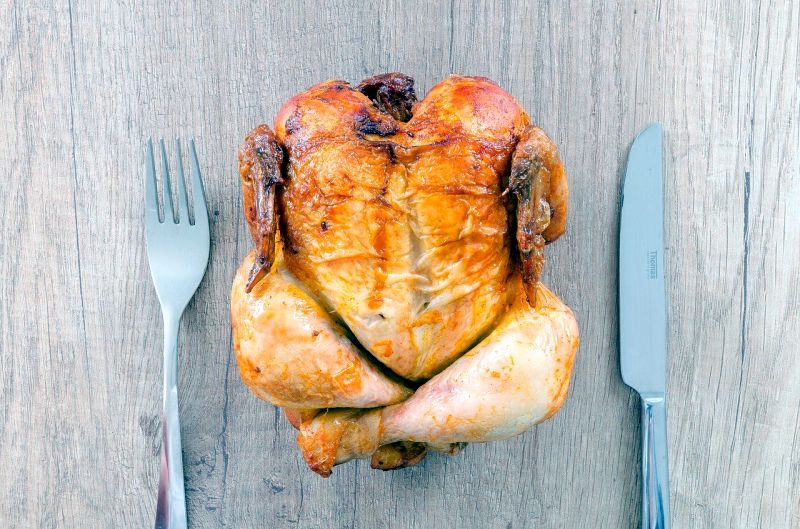
Deboned, unseasoned chicken is an excellent protein-packed treat for your pooch, and it’s a common ingredient listed in dog cookbooks for owners committed to home-cooking their dogs’ dinners. Chicken skins and fat are also fine, and soft bits of cartilage or connective tissue are usually safe too.
You can cook the chicken just about any way you’d like, but baking or boiling is likely the best option. You could also grill or saute it, but avoid using a ton of butter or oil if you cook the chicken on the stove top.
2. Cooked, Unsalted Salmon
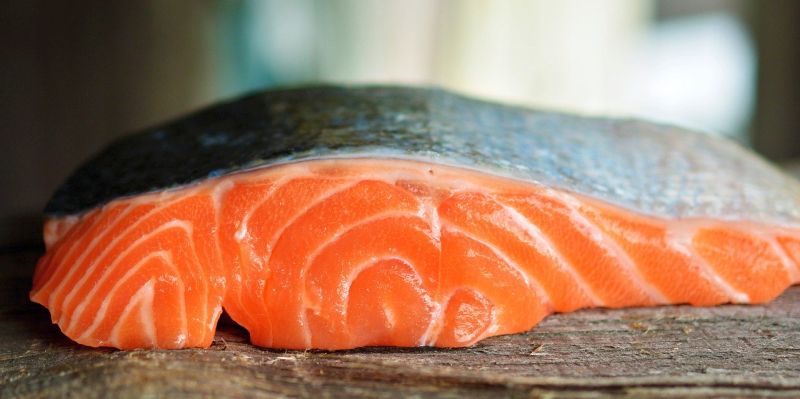
Cooked salmon can make a great source of omega-3 fatty acids to support your dog’s immune system and coat. Just make sure it’s well-cooked, as raw or even rare salmon can be dangerous for dogs.
This is because undercooked salmon contains the Neorickettsia helminthoeca parasite which can infect doggos. Also, be sure to remove any small bones from the fillets before whipping up a treat for Fido.
3. Other Cooked, Unsalted Fish
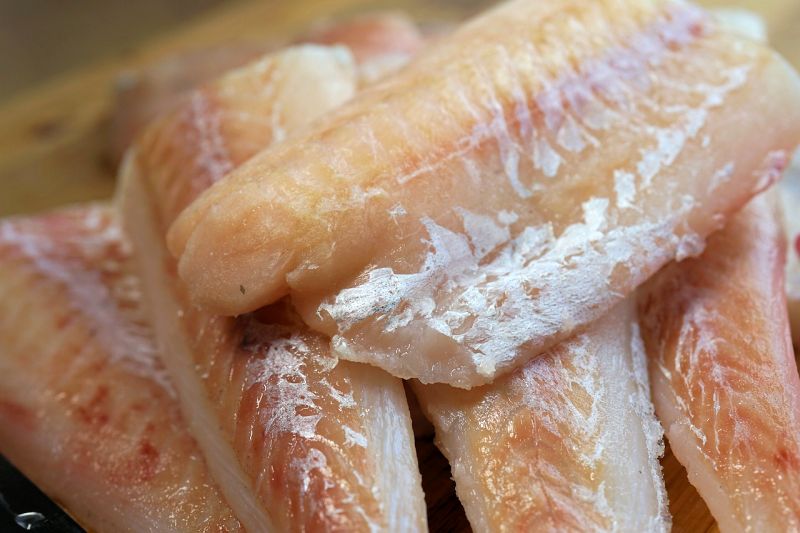
In general, Fido can enjoy most well-cooked fish so long as it’s prepared without oil and seasoning. Some of the most common dog-friendly delights are flounder, ocean whitefish, and arctic char.
Avoid fish that are known to have high levels of mercury like tuna or swordfish. Be sure to check for any tiny bones before feeding your pooch a filet.
4. Cooked, Unsalted Beef
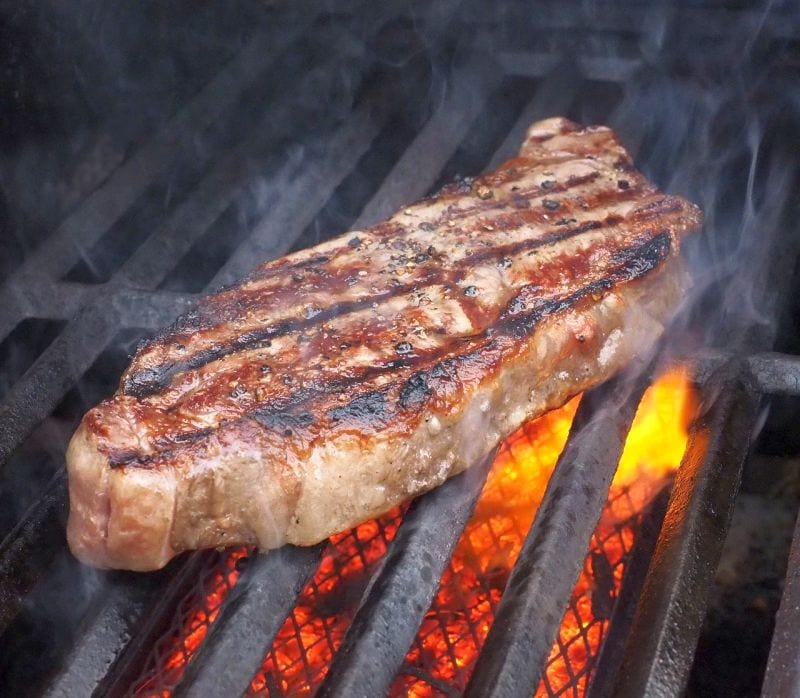
Cooked unsalted beef is safe for dogs, and many find it quite tasty. You can feed your dog any (bone free) cut of beef, but leaner cuts are preferable to those covered in fat.
Whole cuts — like steaks or roast — probably only need to be cooked medium or better , but make sure to cook ground beef (which is more likely to be contaminated with bacteria) to medium-well or more.
5. Cheese
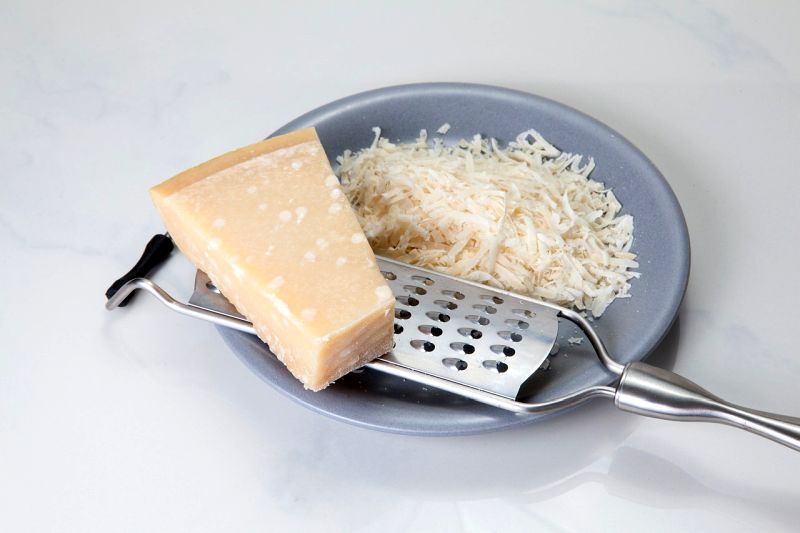
An occasional cheese treat can introduce calcium, vitamin A, and essential fatty acids into your pup’s palette. In fact, many trainers rely on cheese as a high-value treat because most doggos love it so much.
If your pooch is lactose intolerant, cheese can cause gastrointestinal upset and gas, so it’s best to opt for another treat altogether if Spot is sensitive to Swiss. You’ll also want to monitor cheese intake carefully since it is a high-calorie treat.
6. Peanut Butter
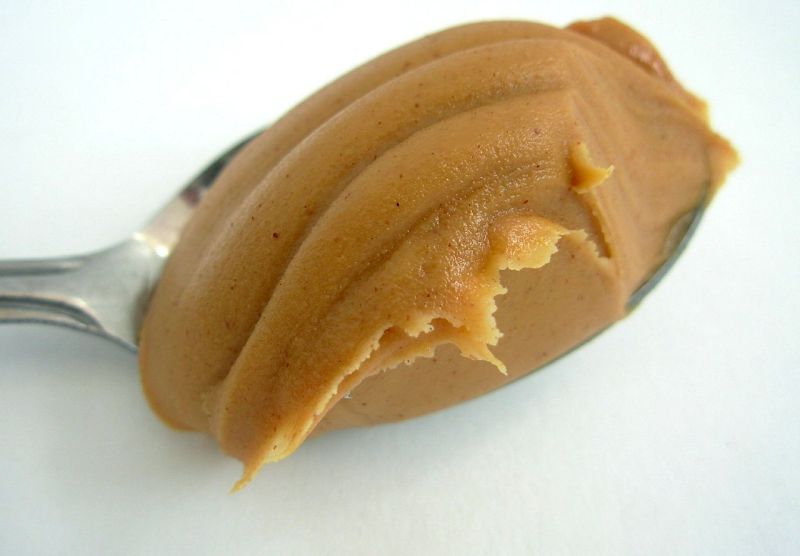
Peanut butter is safe for dogs as long as it doesn’t contain xylitol or added salt or sugar. Xylitol, an artificial sweetener, is highly toxic to dogs, so it’s important to read your peanut butter’s nutrition label carefully and choose a dog-safe peanut butter to share.
Just keep in mind that peanut butter is packed full of calories, so don’t overdo it! This is especially true for portly pooches and those with underlying health problems.
7. Unsalted Pretzels
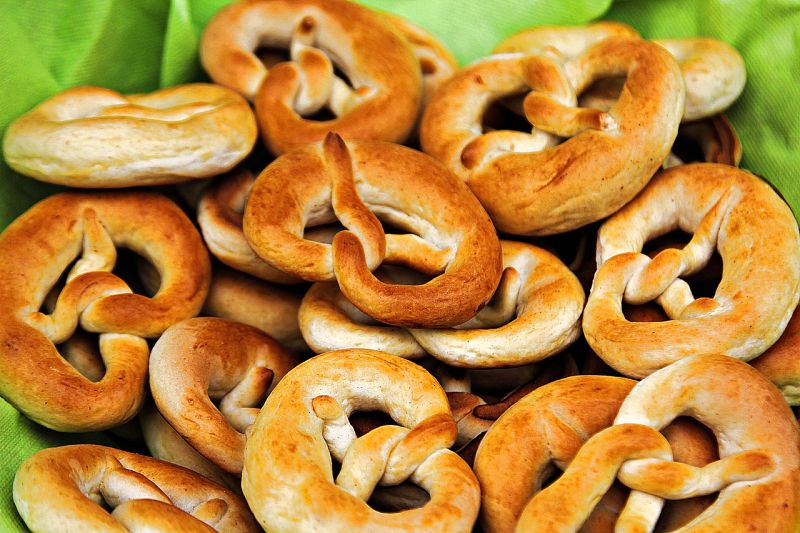
Pretzels are usually just a mixture of water, flour, and salt. They’re safe for Spot, though you’ll want to opt for an unsalted variety to limit unnecessary sodium intake.
Make sure you’re selecting an unflavored variety of unsalted pretzels. Some pretzels are sweetened with raisins or use the artificial sweetener xylitol, both of which are toxic to dogs.
8. Cooked Pasta
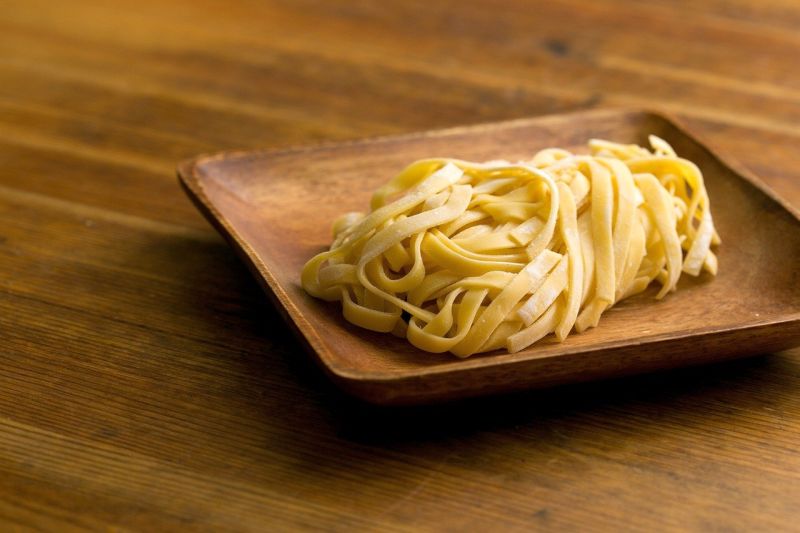
Plain, cooked pasta is safe for your dog. Stuffed pasta may be fine depending on the ingredients, but be sure to avoid any and all seasonings and any pasta with garlic or onion since these are both highly toxic to dogs.
There aren’t a whole lot of nutritional benefits associated with pasta, but it’s a fine occasional treat. Remember to refrain from salting the water when preparing pasta for your pooch.
9. Cooked Rice
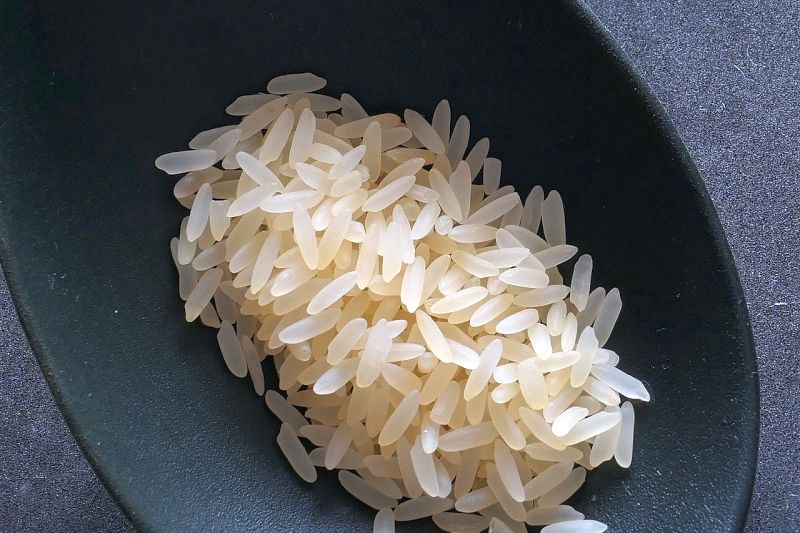
Cooked, unseasoned rice is safe for your dogs and happens to be one of the best things you can give Fido when he has an upset stomach and serves as an excellent base for a bland diet.
Rice is a pretty standard grain found in dog food, so it’s no surprise it’s safe for doggos to consume.
If Fido doesn’t seem interested in the unseasoned rice, you can always add a bit of dog-safe bone broth to make the grain a little more enticing. Cooked rice can last about a week in the fridge.
10. Popcorn
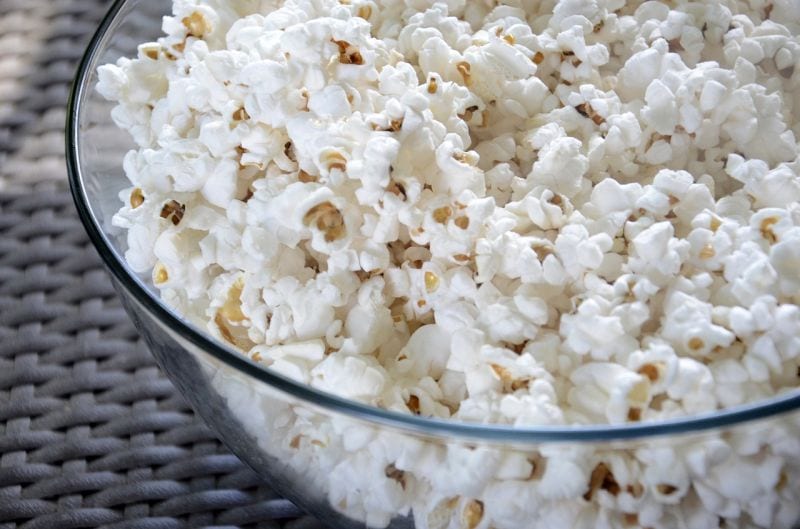
Mutt movie night anyone? Plain popcorn prepared without butter or salt is safe for your pooch. Just make sure to monitor him carefully while consuming this treat to ensure that he doesn’t choke on any kernels.
This fun treat is best served air popped and contains several nutritious minerals like zinc, fiber, and manganese while remaining a low calorie snack.
11. Yogurt
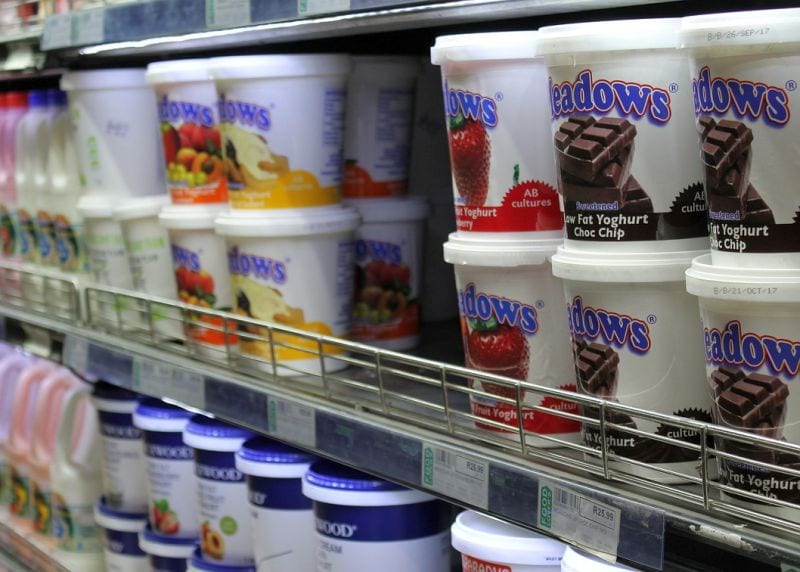
Plain, unsweetened yogurt is a safe treat for dogs and can also be incredibly useful for concealing medication for your mutt. Dog-safe yogurt is packed with calcium and protein and can also act as a natural probiotic for your pooch.
Just make sure that your yogurt does not contain any xylitol. This artificial sweetener is highly toxic to dogs, so read your nutrition labels carefully.
12. Eggs
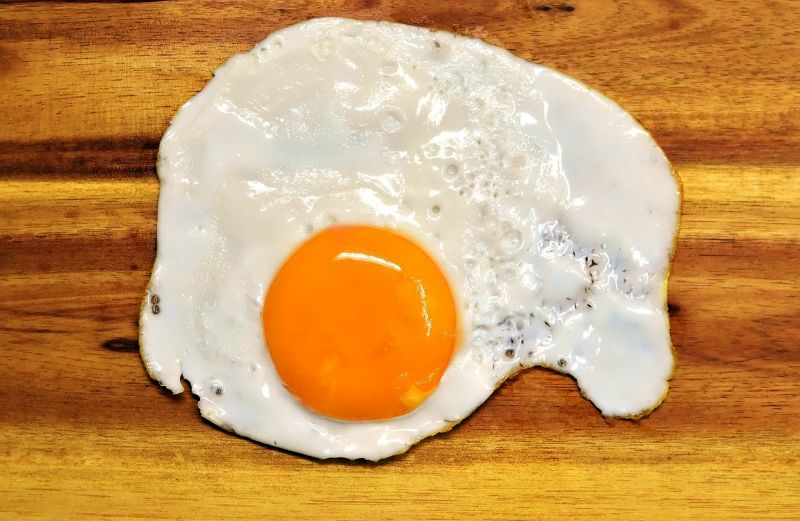
Eggs are a perfectly acceptable treat for dogs that are best served cooked or boiled. While raw egg probably won’t hurt your dog if you drop one accidentally and he licks it up, you’ll want to avoid raw consumption since this could give him salmonella poisoning.
Cooked eggs made without seasoning or salt are a great treat for canines and can even be served with the shell — just watch for choking.
13. Small Amounts of Cooked Bread
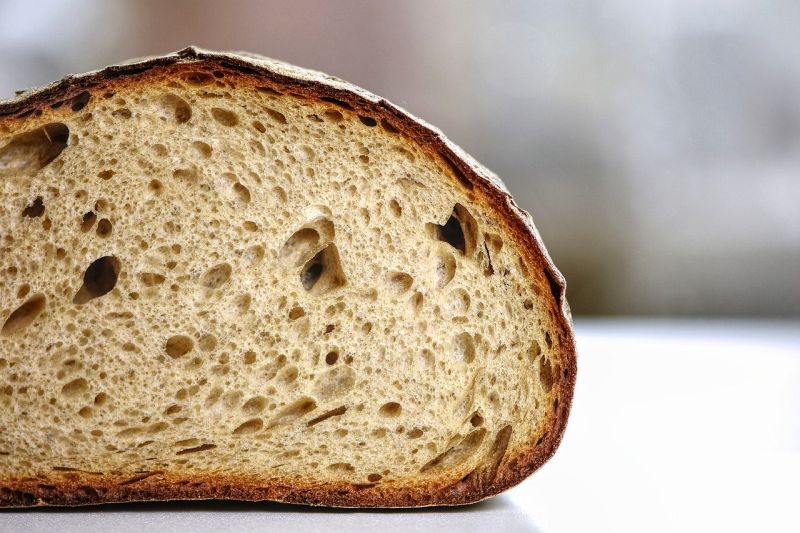
Dogs can have an occasional treat of cooked bread, but this should be served for special occasions and never served raw. This is because the yeast in uncooked bread can continue to rise in your dog’s belly which can be toxic to your pooch.
That being said, cooked bread won’t provide many nutrients to your dog’s diet, so don’t go overboard offering it.
14-31. Many Fruits & Vegetables
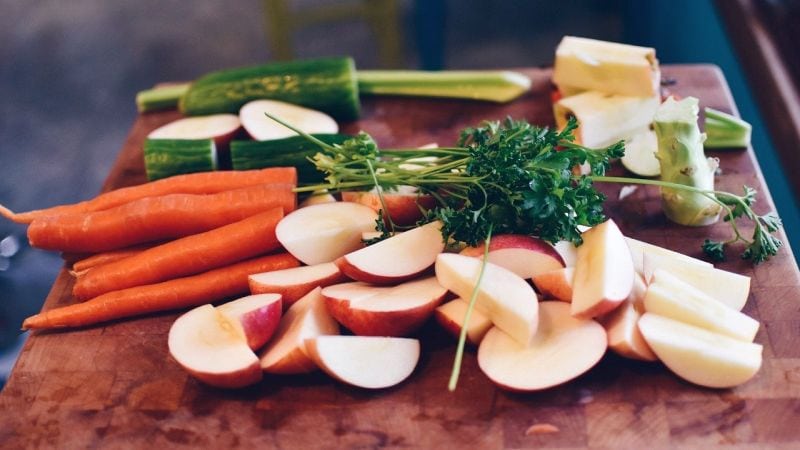
A wide variety of fruits and vegetables make delicious, nutritious treats for your doggo.
- Cooked Potatoes — Dogs can enjoy regular potatoes or sweet potatoes when cooked without added salt or seasoning. Sweet potatoes are more nutritious than white potatoes and contain calcium, potassium, magnesium along with other nutrients.
- Carrots — Carrots make an excellent low calorie treat for your pooch and can be served raw or cooked as long as they are unseasoned.
- Cucumbers — Cucumbers can make a great, low-calorie crunchy snack for your pooch though you’ll want to cut them down to small pieces so that they can be easily consumed.
- Squash — Zucchini, yellow squash, and spaghetti squash are all fair game for your four-footer.
- Pumpkin — Pumpkin is a fiber-rich food for your four-footer. Be sure to serve plain, unseasoned pumpkin either raw or cooked.
- Bell peppers — Any color of bell pepper is safe for your pooch, though (sweet) red peppers are the most nutritious. Peppers can be served raw or cooked without seasoning.
- Corn (off the cob) — A small amount of corn is safe for your dog though you’ll need to serve it off the cob since consuming the cob can cause intestinal blockage.
- Celery — Celery is a nutritious low-calorie treat for canines. It should be cut up into small pieces to prevent choking.
- Lettuce — Lettuce isn’t toxic, but nutritionally transparent and excess quantities may cause digestive upset.
- Green beans (must be cooked) — Cooked green beans are a nutritious treat for dogs packed with vitamins B6, A, C, and K. Make sure to prepare them without added salt, butter, or seasoning.
- Broccoli and other cruciferous vegetables — Broccoli along with cauliflower, Brussel sprouts, and kale, are all safe treats for your doggo.
- Spinach — Spinach is safe for dogs when consumed in small quantities. The leafy green vegetable contains essential nutrients like potassium and fiber. It can be served raw or cooked without seasoning.
- Asparagus — Asparagus is safe for dogs and is packed with vitamins and minerals. Serve the green vegetable chopped up to prevent choking.
- Apples (no seeds/stems/cores) — Any apple type makes a great treat for Spot as long as you remove seeds, stems, and cores.
- Melon — Your four-footer can enjoy watermelon, cantaloupe, and honeydew melon.
- Certain Berries — Dogs can safely consume blueberries, blackberries, strawberries, and cranberries for an antioxidant-rich treat.
- Orange Citrus — Though certain citrus fruits like orange, tangerines, and clementines are not toxic to dogs, they are highly acidic and have high sugar content. Make sure to serve these sparingly and with the seeds removed.
- Tomatoes — Tomatoes are safe for your dog to eat, so long as the green parts of the plant are fully removed. This is because tomato leaves and stems (as well as many close relatives of tomatoes) contain solanine which can be dangerous for your dog if consumed in large quantities. In general, you’ll want to limit the amount of tomatoes your dog consumes since they are highly acidic.
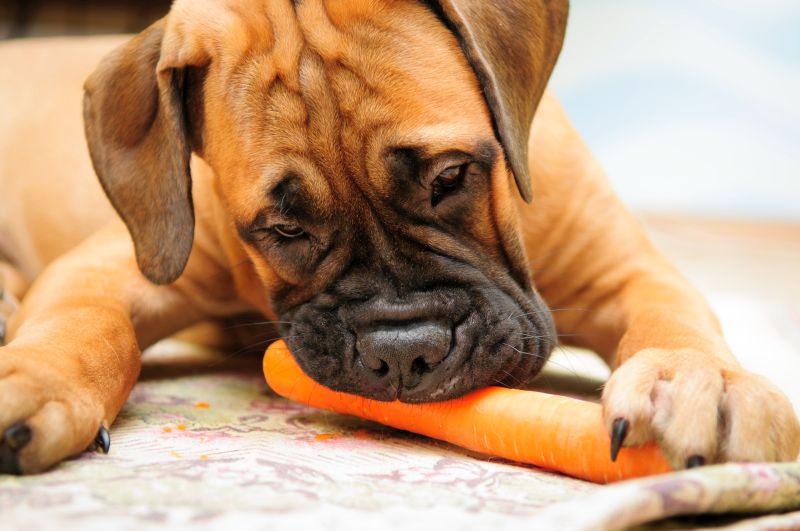
7 Foods You Should NEVER Give Your Dog
Never give these foods to your dogs in any quantity. If you commonly have them in your pantry or fridge, make sure they’re fully inaccessible to your dog, especially for when you’re not around.
Should your pooch consume one of these foods accidentally, contact your veterinarian immediately.
1. Some Nuts
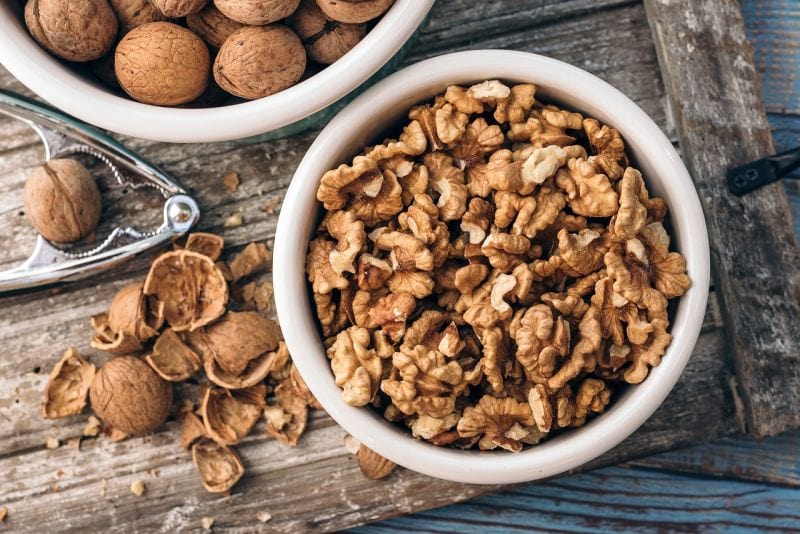
Nuts like walnuts, macadamia nuts, pecans, and almonds can all be toxic to dogs. They also contain high levels of oil and fats, which could lead to pancreatitis, vomiting, or diarrhea. However, peanuts are perfectly safe for dogs (in moderation), and most dogs will digest an almond or two without issue.
2. Grapes or Raisins
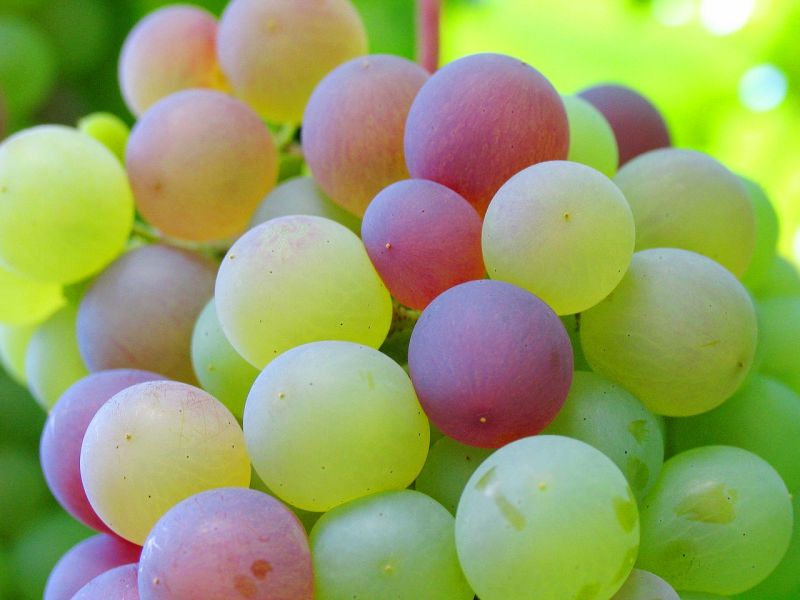
Grapes and raisins can cause kidney failure in your pooch. Though the exact reason grapes are dangerous for your pet remains unknown, this fruit is not safe for dogs — especially small ones.
Understand that a lot of seemingly safe foods for dogs contain grape-related products, and you’ll want to err on the safe side and avoid giving them to your dog. This includes things like balsamic vinegar, and as we’ll discuss further below, wine.
3. Alcohol
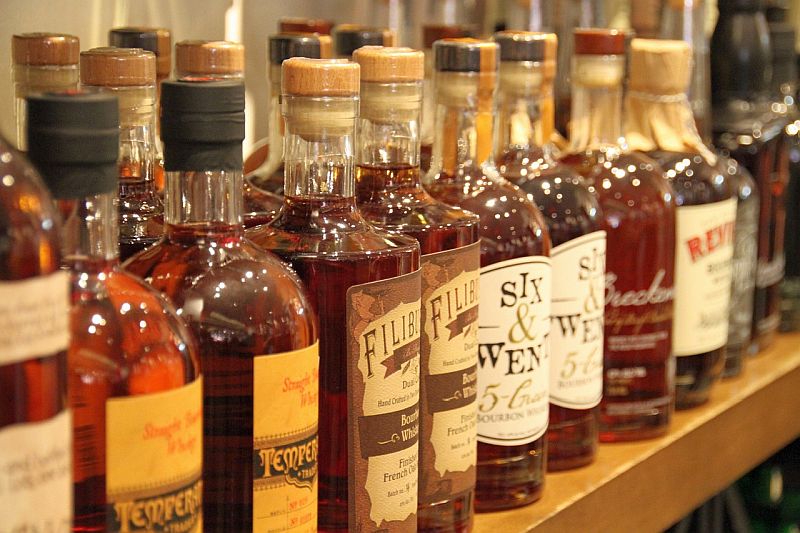
Alcohol can cause vomiting, diarrhea, breathing difficulty, and even death for dogs. Keep any alcoholic drinks safely stowed away from your pooch.
4. Chocolate and Caffeine

These substances contain methylxanthine which can cause vomiting, diarrhea, seizures, and even death. Chocolate also contains theobromine which negatively affects your dog’s nervous system, circulatory system, and kidneys.
Even a small amount of chocolate can negatively affect little dogs, though it takes a fair bit to sicken large pooches. Though darker chocolate is more toxic, avoid all types of chocolate and caffeine to keep Spot safe.
5. Garlic and relatives
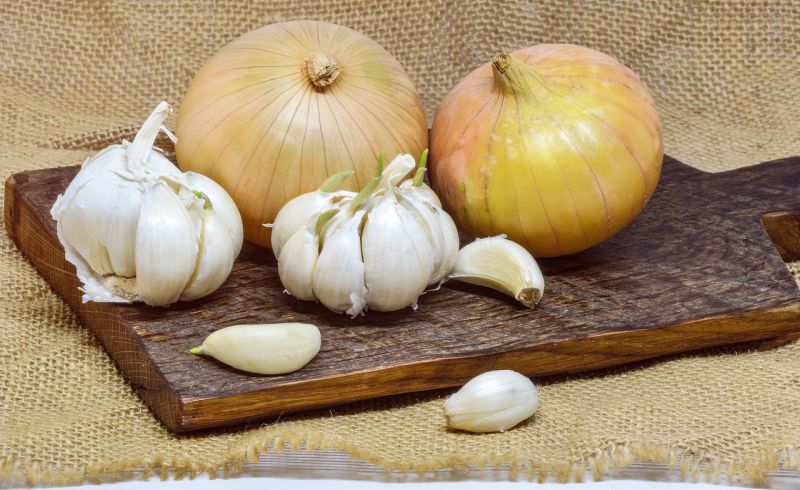
Garlic, chives, onions, and shallots are all toxic to dogs and can lead to red blood cell damage and vomiting or diarrhea. This is why it’s vital that dogs consume unseasoned people food.
6. Anything Containing Xylitol
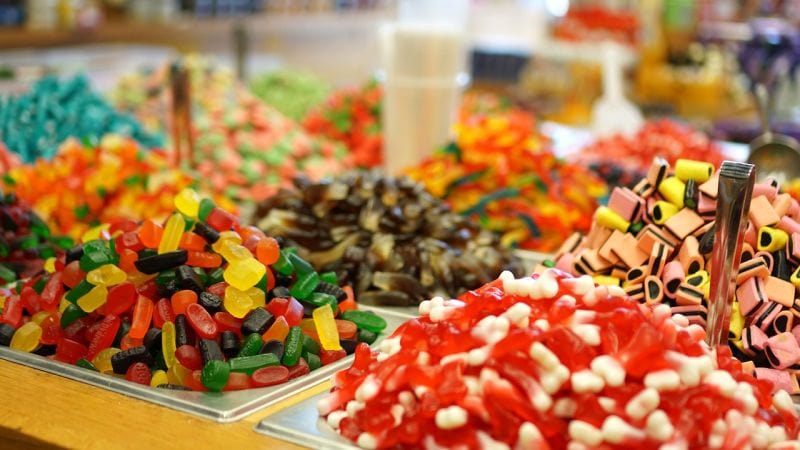
Xylitol, an artificial sweetener, is highly toxic to dogs and can lead to loss of coordination, seizures, coma, and even death.
This product is sometimes found in “sugar-free” products, including candy, gum, some peanut butter, toothpaste, some cereals, and more. Make sure you read nutrition labels carefully to protect your canine.
7. Avocado
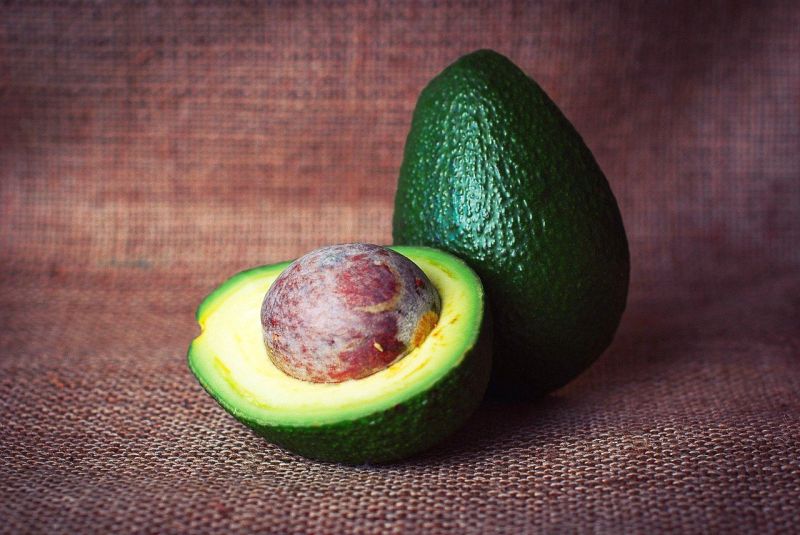
Avocados contain persin, which is toxic to dogs. Dogs who consume avocados can experience vomiting, diarrhea, and gastrointestinal issues.
Note that some dog products include oils made from avocado or similar derivatives. These types of products are usually safe for dogs, but you’ll want to avoid giving your dog pieces of the fruit, guacamole, or anything else containing significant amounts of avocado.
***
Though sharing some of these safe snacks with Spot can be fun, make sure you remember to do so in moderation and always err on the side of caution.
If you’re unsure whether or not introducing a new treat to your dog’s food bowl is a good idea, it’s always best to double-check with your veterinarian.
Do you share any of these snacks with your furry best friend? Which one is his favorite? We’d love to hear all about it in the comments below!
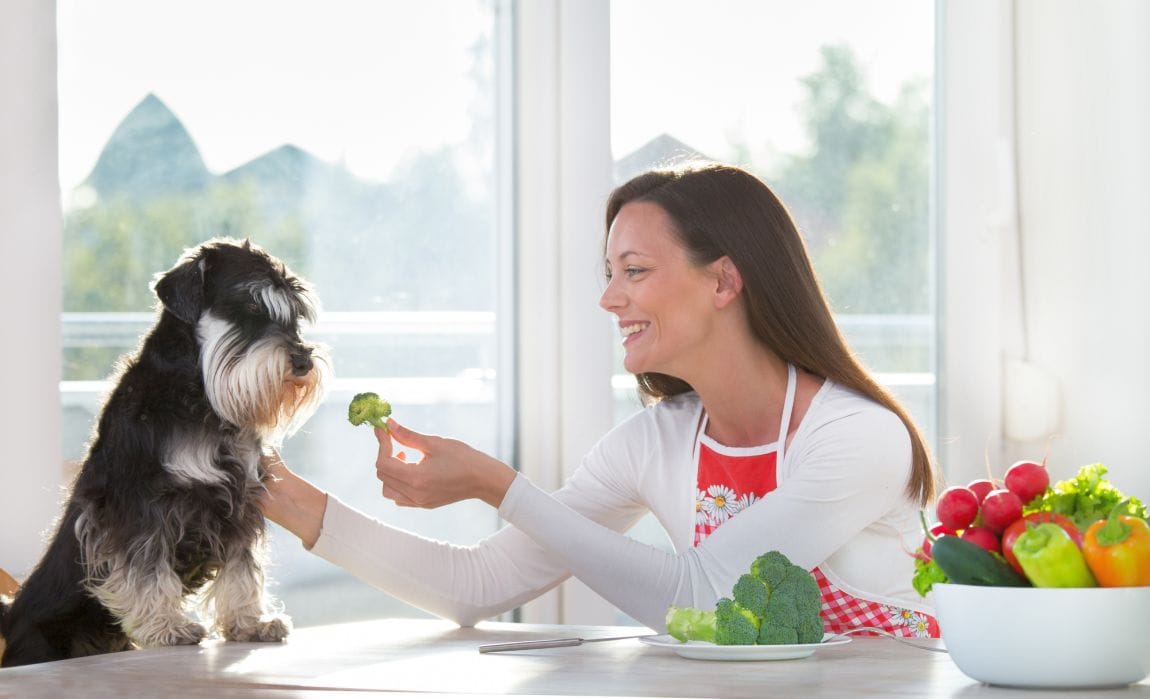

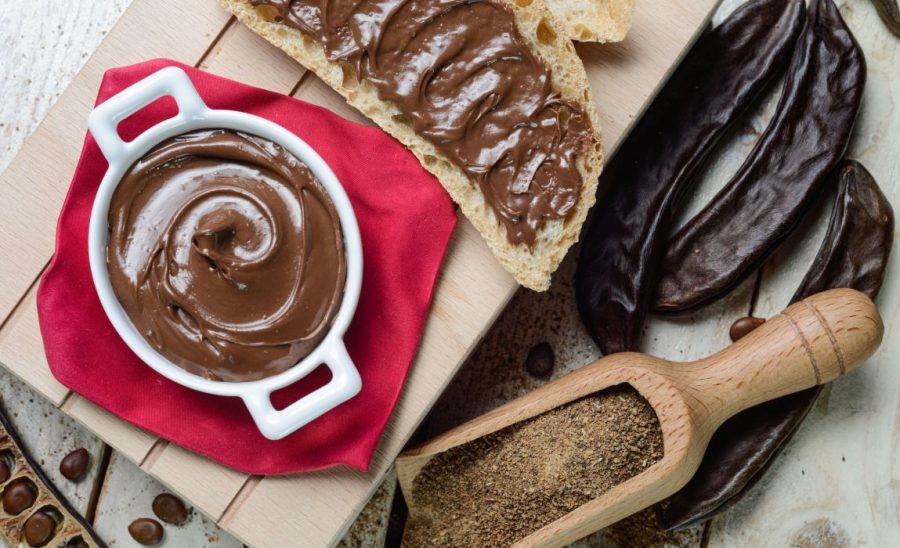


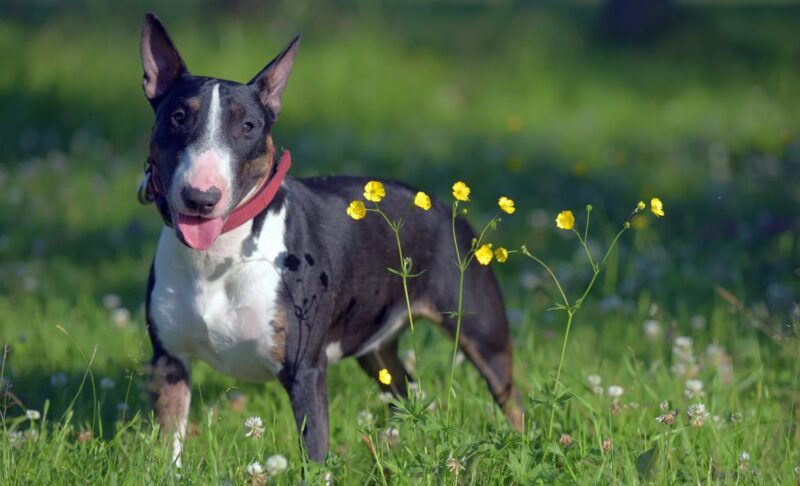
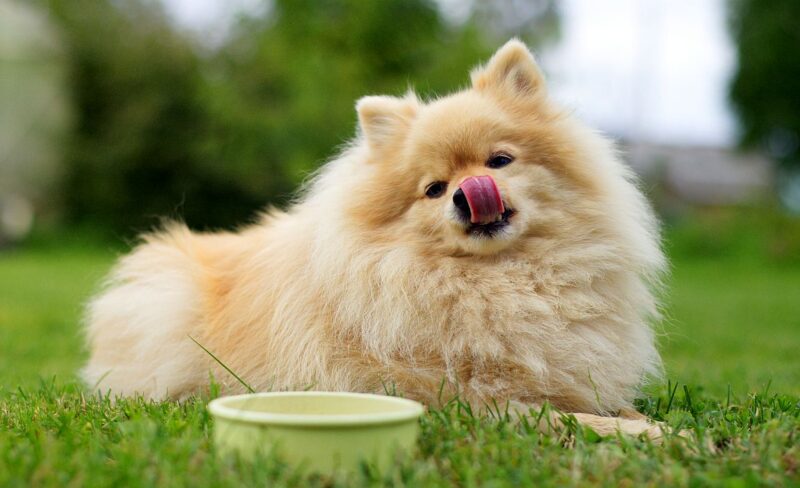
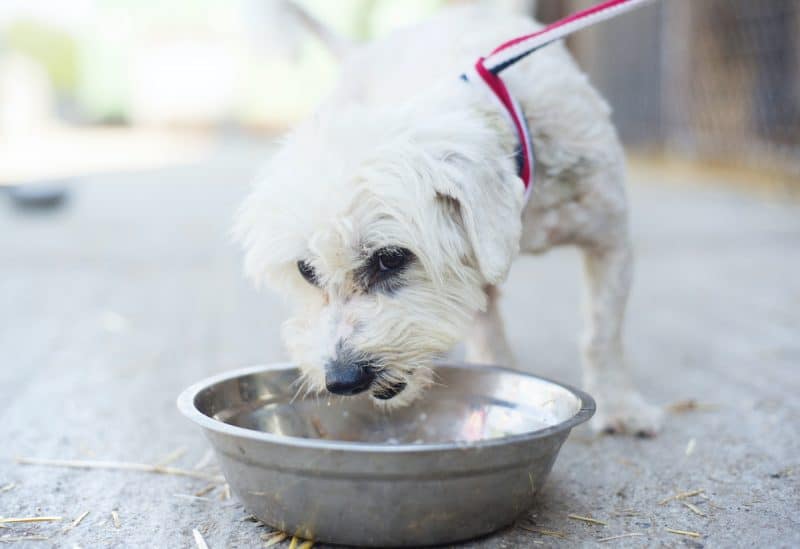
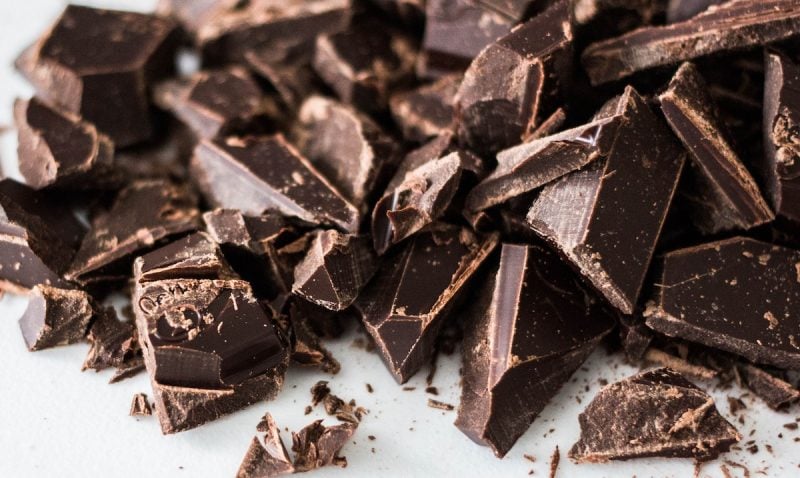
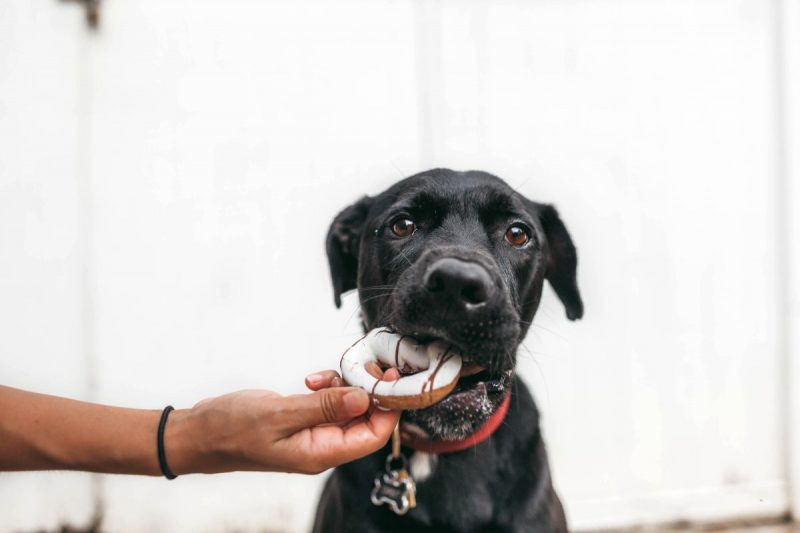
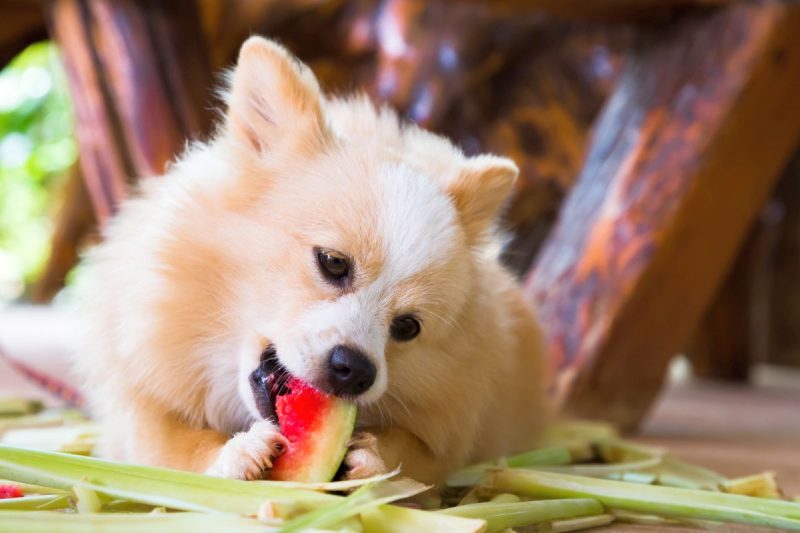
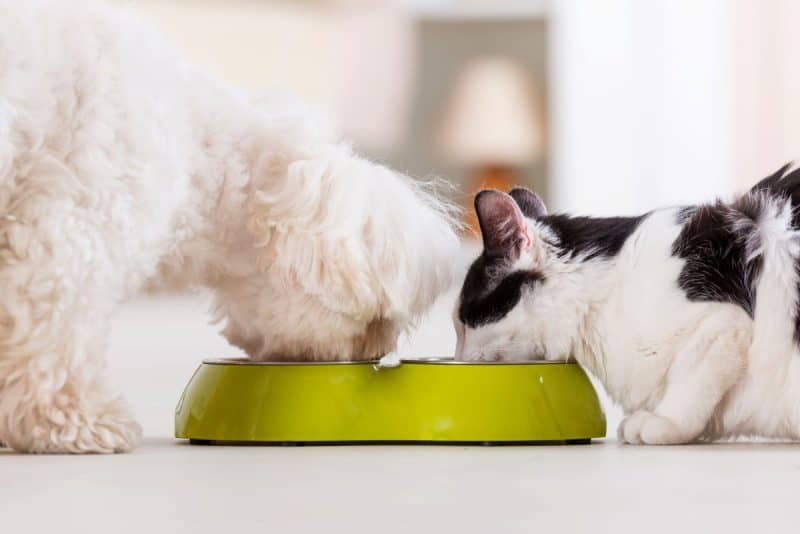

Leave a Comment